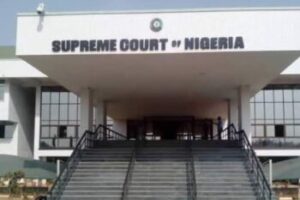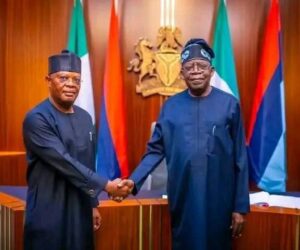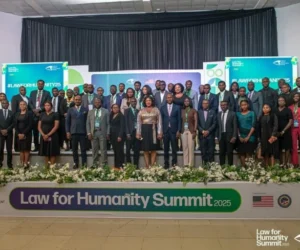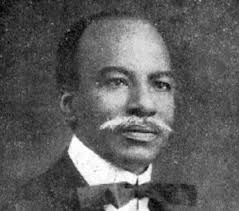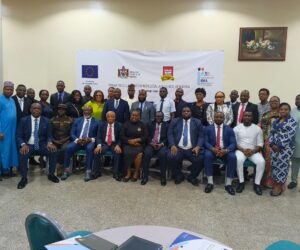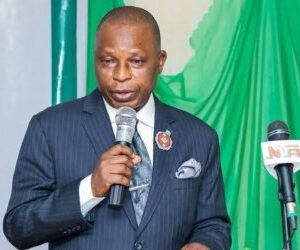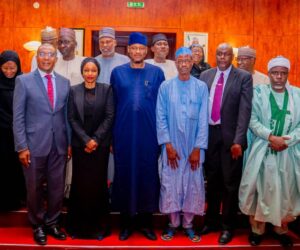The Supreme Court Tuesday reserved judgment in the suit challenging the federal government’s declaration of a state of emergency in Rivers State, after parties laid their arguments.
In its resolve to defend the President’s constitutional powers of proclamation, the Attorney General of the Federation and Minister of Justice, Prince Lateef Fagbemi, SAN, personally appeared in court to lead the government’s defence.
He was accompanied by a formidable team of Senior Advocates, including former Attorney General of the Federation and Minister of Justice Chief Akinlolu Olujimi, SAN, Prof. Kanyinsola Ajayi, SAN, Abiodun Owonikoko, SAN, and Kehinde Ogunwumiju, SAN.
The plaintiffs’ team was led by Eyitayo Jegede, SAN, alongside J. A. Mumuni and Musbau Adetumbi.
On the other hand, the National Assembly, listed as the 2nd defendant in th3 suit was represented by Charles Yohila, who also prayed the court to dismiss the suit.
At the commencement of proceedings, Delta State, the 5th plaintiff, formally withdrew from the suit. Responding, Fagbemi, SAN, referencing the words of M.C.K. Ajuluchukwu, said with characteristic wit: “They shall know the truth and the truth shall set them free. The truth has set them free. We have no objection, my Lords.” The Supreme Court subsequently struck out Delta State’s name from the list of plaintiffs.
Arguing for the plaintiffs, Jegede, SAN, clarified that their case was not a denial of the President’s power to proclaim a state of emergency but a challenge to “the extent to which the proclamation can be made to affect the offices of the governor, deputy governor, and the State House of Assembly.”
Adopting all the processes filed by the Federal Government — including the preliminary objection filed on May 9, the reply on points of law dated June 3, 2025, and the counter-affidavit and written address against the originating summons, Fagbemi, SAN, urged the apex court to dismiss the suit in its entirety.
“The more I look at the plaintiffs’ action, the more I am convinced it is speculative and lacks merit,” he argued. According to him, Rivers State was engulfed in a political crisis involving the governor, deputy governor, and lawmakers, and “no responsible government would sit back and allow it burn without taking any action.”
Fagbemi maintained that the President did not act out of discretion but discharged a constitutional obligation to safeguard democracy, life, and property. He described the suspension of the governor, deputy governor, and lawmakers as an “extraordinary measure” rather than a removal, taken in response to an extraordinary situation.
“The President therefore had to act and act fast to safeguard the state.”
“My lords, he starting point is the judgement supreme court, wherein your lordships held that as things were at that time, there was no government and governance in Rivers State. Therefore, the President had no choice but a duty to act in the best interest of the state. What he did was to suspend the protagonists, not remove them. Rivers was in an extraordinary situation, and that required taking extraordinary measures to restore peace and protect democracy,” he submitted.
The Attorney General further argued that those directly affected by the proclamation were not before the court, remarking that the plaintiffs were “trying to be more Catholic than the Pope.”
Counsel to the National Assembly, Charles Yohila, aligned himself with the Attorney General’s position and urged the court to dismiss the case.
Responding, Jegede, SAN, countered that while extraordinary circumstances might justify firm executive action, such measures must remain within constitutional bounds. “Extraordinary measures will not contain illegal and unconstitutional measures, sir,” he retorted.
After taking arguments, the Supreme Court reserved judgment to a date to be communicated to the parties.
The judgement when delivered will mark a defining moment in the interpretation of presidential powers under Section 305 of the 1999 Constitution (as amended).

